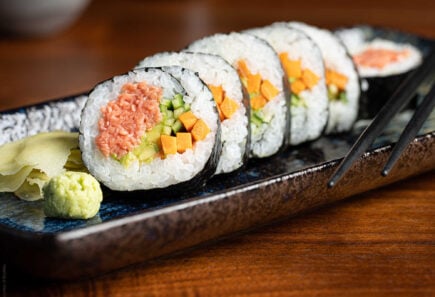
The Science of Alt Protein: Cell cultures with seafood relevant marine species
Join us to explore research in cell culture techniques for two marine species relevant to the development of cultivated seafood.

Join us to explore research in cell culture techniques for two marine species relevant to the development of cultivated seafood.

Calling all cultivated seafood researchers and innovators! Join us for our next collaborative huddle on July 8th at 10:30 pm ET.

Calling all cultivated seafood researchers and innovators! Join us for our next collaborative huddle on July 8th at 11:30 am ET.

Calling all cultivated seafood researchers and innovators! Join us for our next collaborative huddle on March 25th at 10:30 pm ET.

Calling all cultivated seafood researchers and innovators! Join us for our next collaborative huddle on March 25th at 11:30 am ET.

Scaling plant-based and cultivated seafood could help satisfy growing global demand while creating resilient jobs and livelihoods that minimize the climate and biodiversity impacts of seafood consumption. If you’re seeking blue food solutions, alt seafood is quite a catch.

Scaling the cultivated fish industry remains challenging. GFI is collaborating with researchers to address that.

GFI’s Senior Corporate Engagement Specialist reflects on a conversation with chef and owner of Fishtown Seafood and the future of alternative seafood.

Comparing new consumer research from Japan, Thailand, Singapore, and South Korea to the U.S.

GFI's new grantees aim to improve in-fat-uation with plant-based meat by creating the next generation of tasty, sustainable, and healthy animal-free fats.